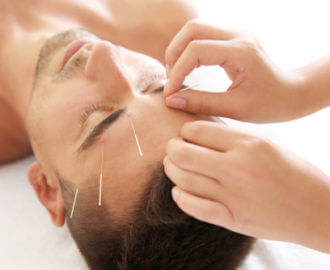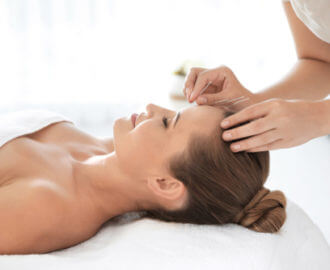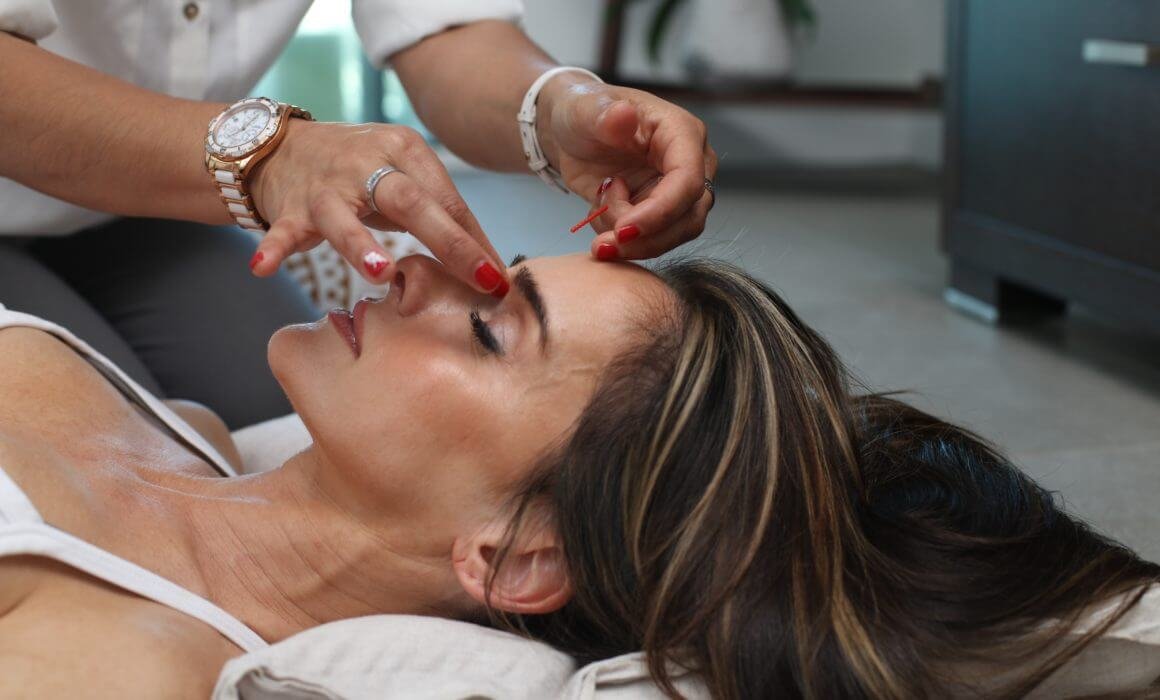Acupuncture for Anxiety: Can It Really Help?
Acupuncture is an ancient Chinese medicine approach that uses very thin solid needles skillfully inserted into the body’s pressure points. While many seek this treatment for aches and pains, there’s curiosity about using acupuncture for anxiety.
Should you try it?
But first, let me give you a brief overview of this popular alternative treatment.
What is Acupuncture?
According to traditional Chinese medicine, our body has a life-giving force or qi (pronounced as “chee”) that flows through the body through meridians.
However, if this flow is blocked, excessive, or deficient, you become ill. Acupuncture uses thin needles to fix the issue and restore your body’s balance.
Did you know that Chinese practitioners think that there are more than 2,000 acupuncture points in the body?
During a session, the acupuncturist places the needles in place and leaves them anywhere from a few minutes to an hour. Some people are afraid that this might be painful but often you’d feel a warm tingling sensation.
While many people turn to acupuncture for chronic pain (back pain, neck pain, headaches, and osteoarthritis), they’re also wondering if it works for other illnesses as well.
According to the National Institutes of Health (NIH) studies, acupuncture is successful in treating many ailments. These health conditions include nausea associated with surgery or chemotherapy, tennis elbow, fibromyalgia, carpal tunnel syndrome, and even asthma.
Acupuncture for Anxiety
If you have stress and anxiety, thinking about someone sticking needles into your skin would probably be the last thing on your list of treatment options.
But there’s concrete scientific evidence backing it up. Medically reviewed clinical trials have also been done.
Interestingly, a 2015 study showed that patients who didn’t respond to common anti-anxiety treatments improved significantly after 10 weeks of acupuncture.
And it’s not only effective for adults but adolescents and pregnant women with anxiety disorders as well.
In the same year, Iranian researchers observed that acupuncture has decreased the anxiety of young football players before a competition.
More recently, a systematic review of more than 1,000 scientific papers showed that there’s solid evidence acupuncture is effective in treating anxiety.
Allyson Nevard of Good Chi Acupuncture in Sudbury, Massachusetts says, “When a person’s root energy is weak or their blood is deficient and therefore not nourishing enough to their body, the energy becomes ungrounded. That person can feel anxious and scattered and also have difficulty sleeping. Acupuncture is excellent for re-grounding a person’s energy so they feel settled and peaceful.” Good Chi Acupuncture was recently awarded the Best of the Best Metrowest Award for Acupuncture 2020.
How Acupuncture Works
The acupuncturist inserts the needles half a millimeter from a nerve. Depending on the location of the needle, this action can trigger the nervous system to release pain-killing chemicals, boost the body’s self-healing abilities, or activate emotion centers in the brain.
For anxiety, the breastbone, the insides of your wrists, and between your eyebrows are specific target points.

Acupuncture for Anxiety
A 2013 study demonstrated that acupressure can hinder the production of stress-causing hormones. This makes acupuncture a viable treatment option for mental health issues.
Furthermore, there are many advantages to using acupuncture. First, it’s generally safe and has fewer side effects compared to conventional treatments. Moreover, most feel relaxed or energized after the procedure.
Like hypnosis and other alternative therapies, it’s a drug-free treatment.
You could also incorporate acupuncture with other modalities such as hypnotherapy, cognitive-behavioral therapy (CBT), massage, essential oils, and even a deluxe crystal bed treatment.
Hypnoacupuncture or also referred to as Hypnopuncture is an interesting combination of the two modalities which works very well.

Hypnoacupuncture, also known as Hypnopuncture is an interesting combination of hypnotherapy and acupuncture
Considerations
If you’re thinking about getting acupuncture, here are some tips to remember:
Check if you have a licensed acupuncturist. Many states require practitioners to have a license.
Acupuncture is not advisable if you have a pacemaker.
Go over your insurance coverage. Some might cover it and some don’t. EveryBody in Mind Wellness gives you the option of checking if you have insurance coverage directly through the site.
If you believe in acupuncture but are afraid of needles, you might opt to have an acupressure treatment instead.
Would you ever go for acupuncture?


